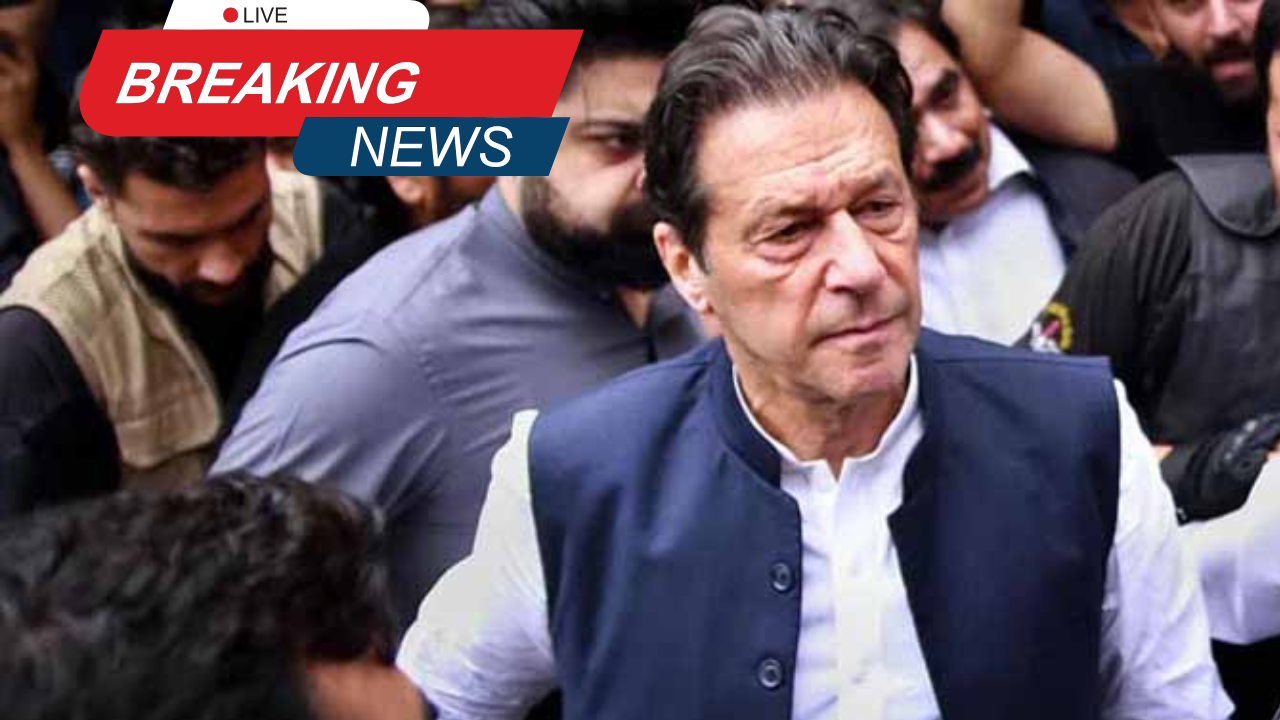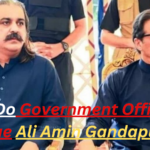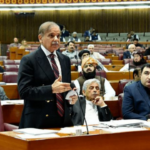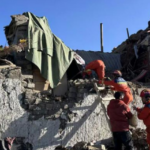<iframe src="https://bwidget.crictimes.org/" style="width:100%;min-height: 250px;" frameborder="0" scrolling="yes"></iframe>
Imran Khan’s Major Legal Battle: May 9 Cases Involving Post-Arrest Bail.

Imran Khan, the former prime minister and founder of the Pakistan Tehreek-e-Insaf (PTI), has once again brought the country’s political situation to the forefront of public discussion when he requested post-arrest bail from the Lahore High Court (LHC) in relation to multiple cases filed against him. The case is based on events that happened on May 9, which have since come to dominate the nation’s political discourse. According to ARY News, this judicial move adds yet another dimension to the ongoing story of one of the most divisive political figures in Pakistan.
Background and Background of the May 9th Cases Imran Khan
Following Imran Khan’s jail time, there were huge protests and rioting on May 9, which is frequently considered to be a pivotal moment in Pakistani politics. Large numbers of PTI supporters took to the streets, and protests were held in the nation’s biggest cities. According to reports, some of these demonstrations descended into violence, including conflicts between demonstrators and law officers as well as damage to both private and public property.
In response to these incidents, the government began a strict crackdown, which resulted in the filing of many cases against PTI officials, employees, and sympathizers. Imran Khan’s party has been involved in a number of cases, with charges ranging from inciting violence to causing damage to state property. His post-arrest bail request to the Lahore High Court was based on these charges.
Effects of Post-Arrest Bail on the Law Imran Khan
One legal defense that people who have been arrested in connection with criminal charges might seek is post-arrest bail. The charges, the evidence, and the possibility that the accused would influence the investigation or flee are some of the variables that affect whether bail is granted. Imran Khan is using this legal strategy to navigate the larger political and judicial obstacles he faces in addition to gaining his freedom.
For other PTI leaders and followers who are equally involved in the May 9 cases, the Lahore High Court’s ruling in this case is probably going to set an example. The case also has many political ramifications because a finding in Khan’s favor might inspire his followers, while a decision against him could amplify the party’s humiliation narrative.
The Political Journey and Difficulties of Imran Khan
There have been successes and failures in Imran Khan’s political career. Khan has captured the public’s attention throughout his career, from rising to fame as a cricket star to his rise as a populist politician and eventual position as Prime Minister of Pakistan. However, charges of poor governance, political unrest, and economic difficulties plagued his time in power.
Khan has been the target of numerous legal challenges ever since he was removed from office in April 2022 by a vote in parliament of no confidence. Both passionate support and harsh criticism have been directed at his political discourse, which frequently revolves around anti-establishment themes and scheme claims. His position has become even more complex as he tries to stay relevant in Pakistan’s unstable political environment in the wake of the May 9 incidents and the following legal processes.
The Judiciary’s Function in Pakistani Politics
In Pakistan’s past, the court has been crucial in determining the political climate of the nation. The judicial system has played a significant role in determining political events, from historic rulings on legal challenges to decisions that have resulted in political leaders being disqualified. In addition to its legal merits, the Lahore High Court’s decision to grant Imran Khan’s bail request will be widely followed for its wider ramifications on the distribution of power among the political opposition, the administrative branch, and the judiciary.
Claims of political and/or selective leadership of the justices are frequently brought up by those who attack the courts. The legal system is both a challenge and a prospect for Imran Khan and his supporters. Favorable decisions can support their claims of validity and truth, while unfavorable rulings can be presented as proof of bias.
Public Reactions and Political Effects
Different facets of society have responded differently to Imran Khan’s decision to request post-arrest release. His supporters see it as a vital move in the struggle against what they see as an unfair crackdown driven by political motivations. They contend that the prosecutions since May 9 are a component of a larger effort to quell criticism and reduce the political clout of the PTI.
But Khan’s rivals see the court case as a test of responsibility and the rule of law. They contend that no one should be above the law, regardless of their political position. The verdict in this case will surely affect public opinion and may have an impact on how Pakistani politics is discussed in the months to come.
Wider Effects for Pakistan’s Democracy
Imran Khan’s constant legal and political troubles have wider ramifications for Pakistan’s democratic process. Political divisiveness, a lack of agreement on basic democratic values, and weak legal structures have long been problems in the nation. The events of May 9 and their fallout have brought attention to Pakistan’s democratic institutions’ weakness as well as the difficulties in protecting justice and accountability.
PTI’s leadership views the legal disputes they face as being about the party’s continued existence and relevance as much as specific instances. A key factor in determining PTI’s future as a political force will be its capacity to rally public support and handle the legal system. On the other hand, the ruling coalition and other political players see the handling of these cases as a chance to show their dedication to democracy and the rule of law.
In conclusion
An important change in Pakistan’s political and legal landscape occurred when Imran Khan petitioned the Lahore High Court for post-arrest bail in the May 9 cases. It emphasizes the difficulties of navigating a divisive and combative climate and the complex interactions between politics and the court.
The ruling by the Lahore High Court, which is considering Khan’s case, could have an impact that goes far beyond the courtroom. It will impact political strategies, mold public opinion, and maybe reshape Pakistan’s democratic process. The stakes are extremely high for Imran Khan and the PTI as they attempt to get past court challenges and regain their place in the nation’s democratic system. The way these cases are resolved will serve as a barometer for Pakistan’s adherence to democratic values, fairness, and accountability.




